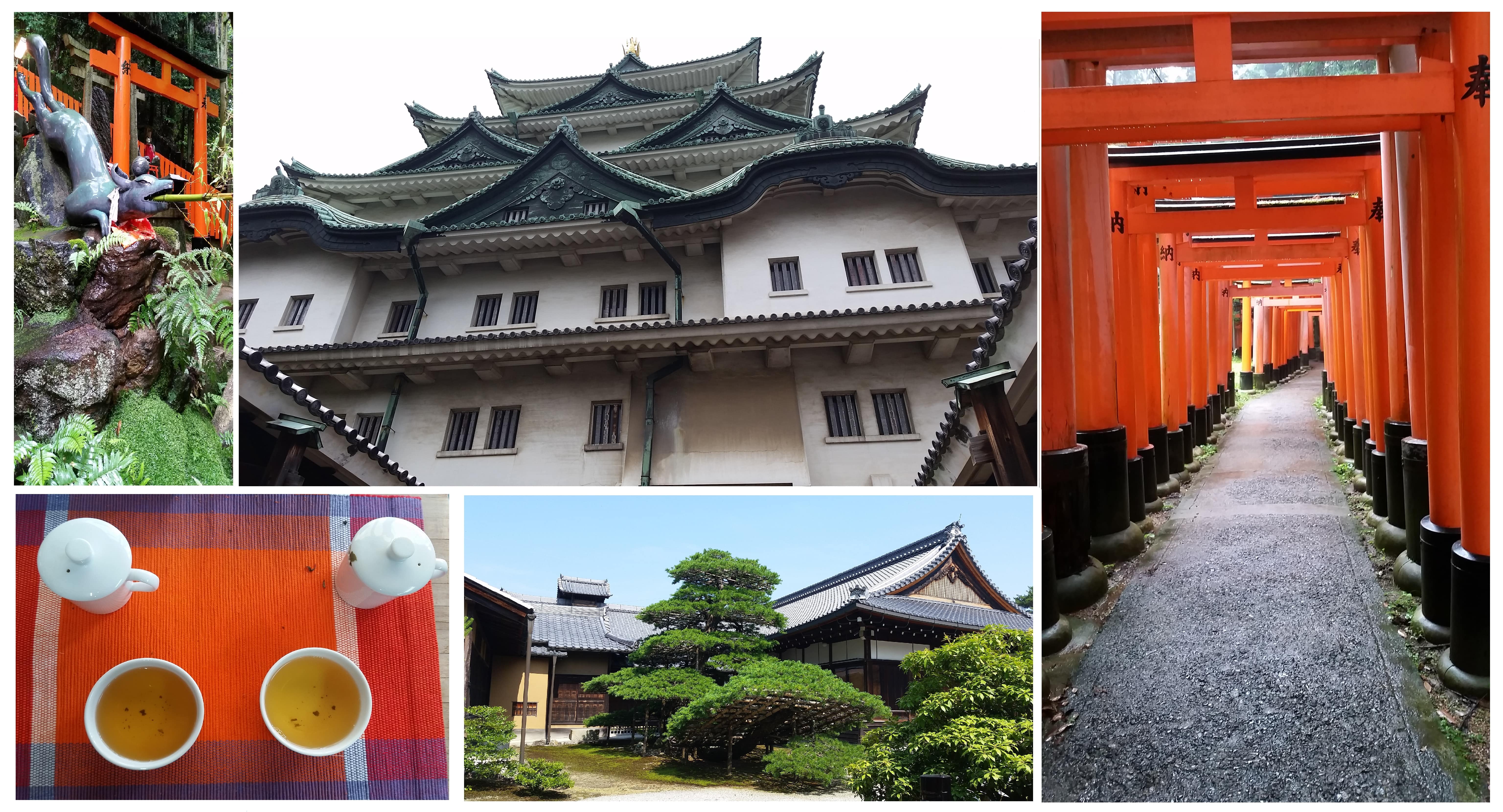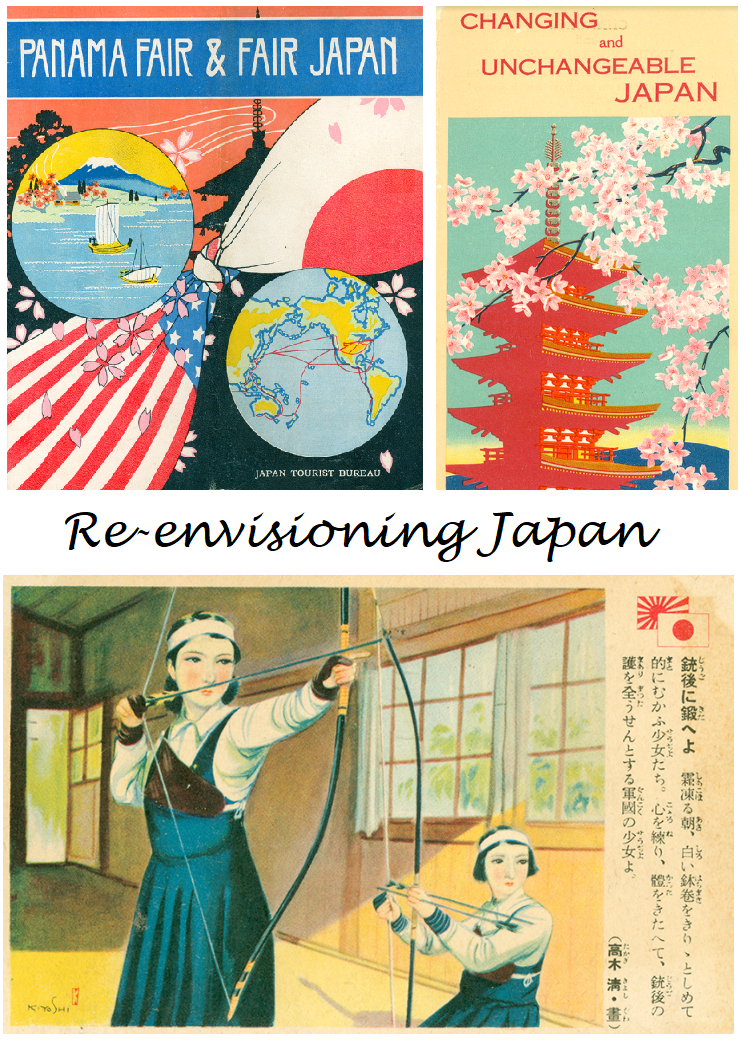by Sara Kowalski, Class of 2017, Humanities Fellow
Here at the University of Rochester, our Japanese program is a major under the vast umbrella of the Department of Modern Languages and Cultures, which offers several foreign-language majors including Chinese, French, German, Italian, Korean, Polish, Portuguese, Russian, and Spanish. (The department also offers majors in comparative literature and Russian Studies, and a certificate in literary translation studies.)
In my blog, I hope to eventually give each of these programs their due, but I’m starting with Japanese because it is near and dear to my heart. Before becoming the Humanities Fellow chatting with you now, I was a Japanese major at Rochester myself! どうぞよろしく!(Nice to meet you!)
The Japanese major
There are two possible tracks for students pursuing a Japanese major: Language (8 language and 3 culture courses) and Culture (6 language and 5 culture courses). The final requirement is either taking the Modern Language and Culture Seminar or completing a senior thesis. Other than that, the major is very flexible.
The incredible courses offered at Rochester are so fulfilling! Just to name a few, definitely check out courses called “Hello Kitty Must Die” and “Body Politics” for culture, “Japanese Science Fiction” and “Modern Japanese Women Writers” for literature, and “Atomic Creatures: Godzilla” and “Hayao Miyazaki and Planet Ghibli” for film!
In these courses, students complete in-depth research projects related to their interests. These projects often enable the students to connect classroom material and real-world developments. Just check out the stellar work of Professor Elya Jun Zhang’s class, “Modern Japan,” a mini digital humanities project that was integrated into the course.
The Japanese program at Rochester was a surprise gem I stumbled upon during my undergraduate career. I fell in love and made it my second major. I definitely recommend taking a course or two, even if you don’t major or minor in it. You won’t regret it!

Studying abroad in Japan
Many students choose to study abroad in Japan, taking courses to satisfy both language and culture requirements. Most often, students travel to the big cities of Tokyo or Nagoya. I did a summer semester in Nagoya, studying at Nanzan University with IES Abroad.
Nanzan is like Rochester’s unofficial sister school. Although Nanzan and IES take students from all over the world, the director of my program was intimately familiar with Rochester, saying he got at least one student from Rochester almost every semester! This is evident in the fact that when I returned to the states, three of my peers traded places with me and studied at Nanzan for the fall semester.

Japanese Students’ Association
Rochester’s Japanese Students’ Association (JSA) is dedicated to promoting Japanese culture on the campus and in the community, holding annual events like “Omatsuri,” which is based on Japanese street festivals and brings Japanese food, art, toys, martial arts, clothing, dance, and games to Rochester students. JSA’s diverse members are brought together by their shared connections to and mutual interest in Japan. It’s open to anyone interested in Japan!

Faculty research on Japan
Amazing, interdisciplinary, digital humanities projects are in the works at Rochester. Take, for example, the Re-envisioning Japan project by Professor Joanne Bernardi, the head of the Japanese program in the Department of Modern Languages and Cultures. Her project investigates the changing faces of Japan in the first half of the twentieth century while simultaneously preserving historical objects and materials from that time period. The digitalized collection is a multimedia powerhouse of information relating to the history and development of Japanese travel, tourism, and education.
Professors and students at Rochester are conducting fascinating research around Japan and Japanese culture, and you can get involved, too.
ありがとう! (Thank you!)

